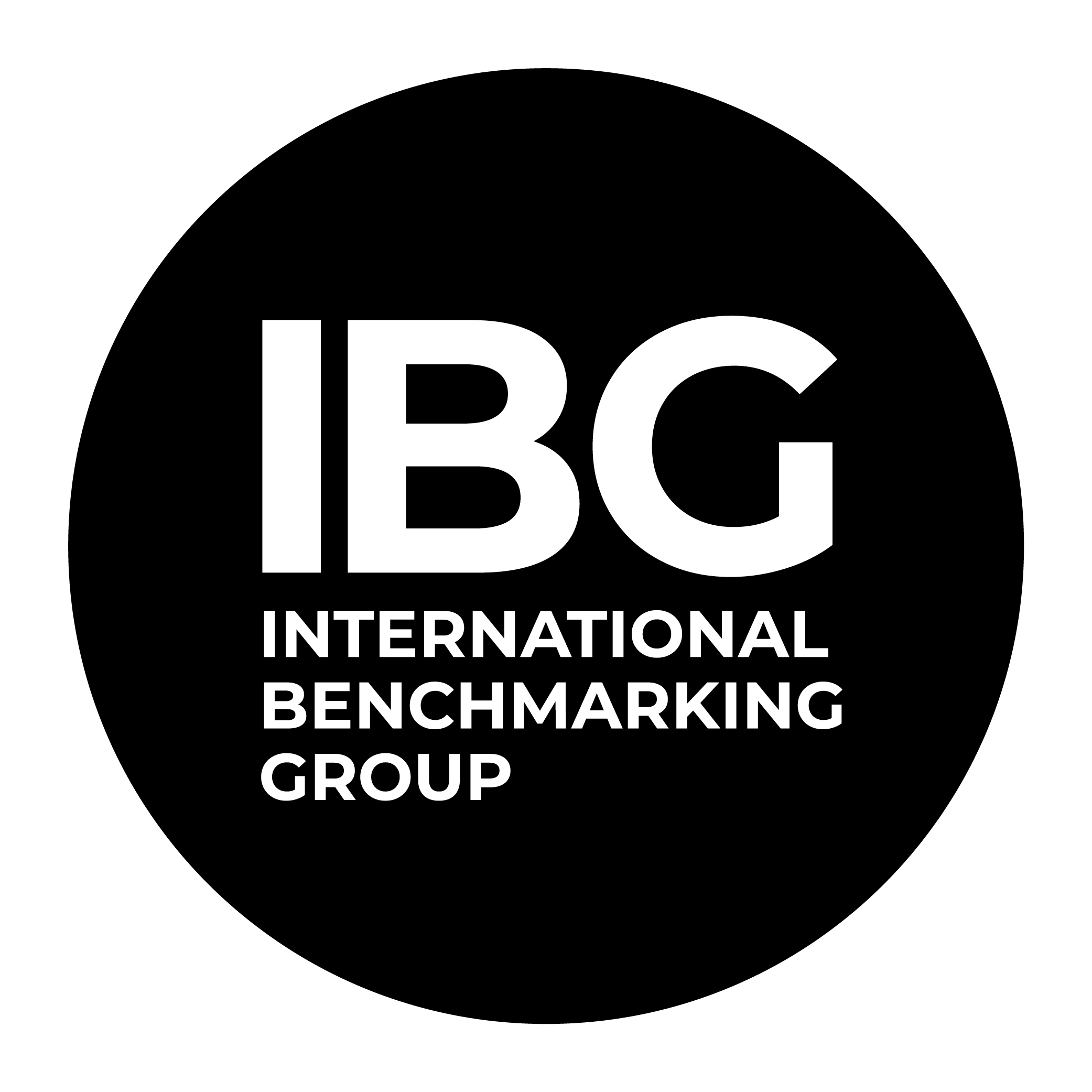External Perception of Quality
The way people outside the conservatoire (alumni/ representatives from the professional field, Critical Friends or members of examination or review panels) look at the quality of the conservatoire and the educational programmes. This external perception is monitored by various instruments which constitute an important source for making improvements. These can be directly implemented, serve as input for various external documents and feed into the internal perception of quality.
Instruments used to measure, verify and monitor external perception are:
Visits of accreditation panels produce valuable insights during the visit itself and afterwards in the reports we receive. The conservatoire is above all keen to make use of the internationally recognised procedures, standards and experts. Therefore, all programmes at the Royal Conservatoire have not only been assessed by the Accreditation Organisation of the Netherlands and Flanders (NVAO), but also by MusiQuE, the international evaluation agency in the field of higher music education. The NVAO’s decisions and the reports for each programme can be found here. The MusiQuE reports can be found here.
A triennial visitation at departmental level by a Critical Friend. This external expert is an authority within the discipline of the department in question and during a visit of around two days speaks with teachers and students, attends classes, presentations and assessments and formulates a report on his findings. Read an article vice-principle Martin Prchal wrote on the subject here.
Read the analysis of the Critical Friend visits 2016-2020 here.
Information is gathered about the activities of our students after a year and a half following their graduation through the Kunstenmonitor (The Fine Arts monitor).
(International) External committee members examiners are asked in a survey to give feedback on the quality of the assessment process, the level of the candidate and the degree to which this level corresponds to requirements in working practice.
Feedback on the perception of the quality of the programmes in the professional music world can be gathered at departmental level by means of regular meetings of those working in the music field. Find more information on Professional Preparation here.
The Royal Conservatoire continues to invest in new forms of international activities enabling both artistic standards and educational quality to be compared internationally and thus allow insight to be gained in the quality of the institution. Find more information about the International Benchmarking Group here.

